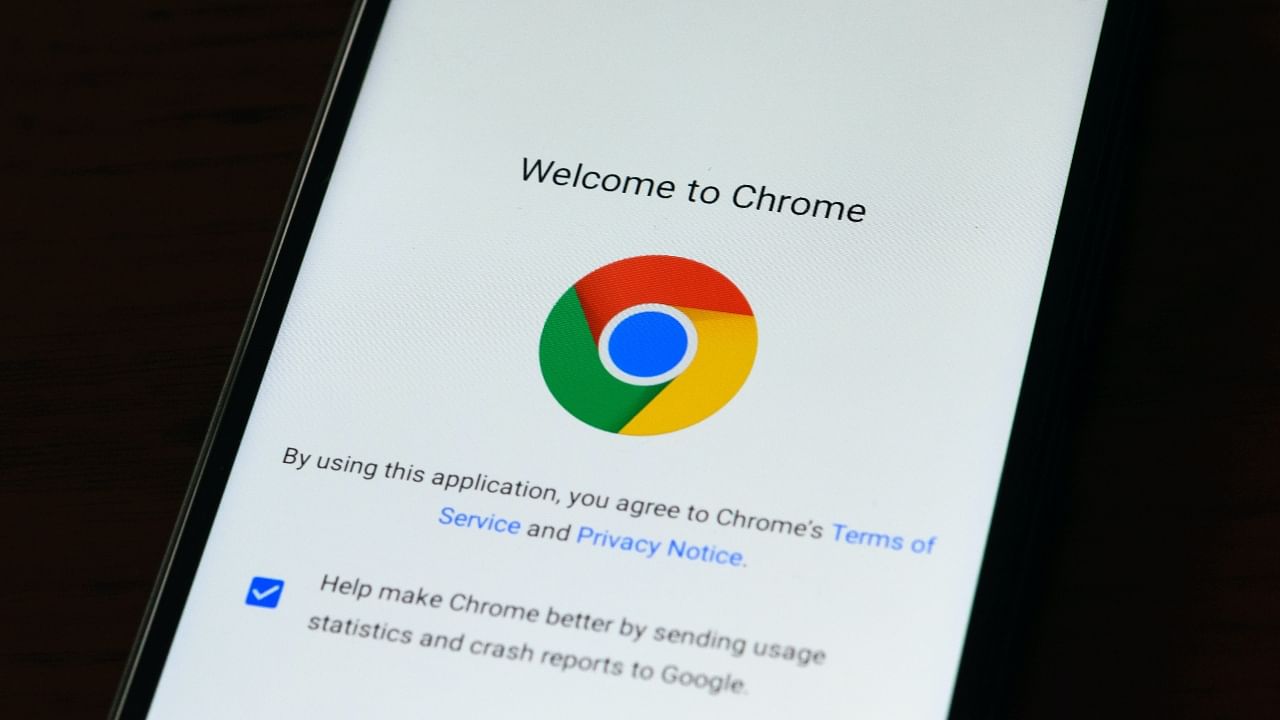
With a massive user base, Google Chrome is the most vulnerable browser among all search engine apps.
Photo Credit: Pexels/PhotoMIX Company
Thanks to fast-evolving technology, millions of people can carry out their office work on smartphones and computers with less effort than ever before. However, if one is not cautious enough, they may end up paying a huge price financially and even dent their personal image on social media platforms.
It is not just the responsibility of the people not to visit shady websites, it is also the duty of platform owners such as Google and Apple to secure their applications and offer protection against cyber threats such as hacking.
In the latest instance, the Indian Computer Emergency Response Team (CERT-In) has flagged a security vulnerability in Google Chrome that could allow remote attackers to compromise targeted systems.
"These vulnerabilities exist in Google Chrome due to the user-after-free error in Visuals & ANGLE (Almost Native Graphics Layer Engine) components; heap buffer overflow in WebAudio; a remote attacker could exploit these vulnerabilities by executing a specially crafted HTML page to trigger heap corruption," says the CERT-In notification.
CERT-In has detected a similar issue in Apple's iTunes app for Windows PCs.
"This vulnerability exists in Apple Products due to improper checks in the CoreMedia component. A remote attacker could exploit this vulnerability by sending a specially crafted request," reads the CERT-In alert.
Both Google and Apple have taken note of the security issues. They have rolled out necessarily security patches to plug the security loopholes in their respective applications. Users are advised to update the applications to the latest version (listed below) immediately on their PCs.
Latest versions:
Google Chrome for Macs (v124.0.6367.201/.202)
Google Chrome for Windows (v124.0.6367.201)
Apple iTunes app for Windows 10 (v12.13.2)
In a related development, Microsoft Edge was also reported to have security vulnerabilities. It has been fixed with a software patch last week.
Tips on how to safeguard yourself from cyber threats:
1) Always install apps from official online market places such as Microsoft Store/Google Play/Apple App Store
2) Avoid going to shady websites published by unknown developers
3) Never click on URLs shared on emails or messenger apps
4) Avoid saving debit/credit card details on e-commerce platforms.
5) It is good practice to install good anti-virus applications such as McAfee, Kaspersky, Sophos, Norton, and ESET on your computers, so that malware can be detected early and removed the from system.
Get the latest news on new launches, gadget reviews, apps, cybersecurity, and more on personal technology only on DH Tech.